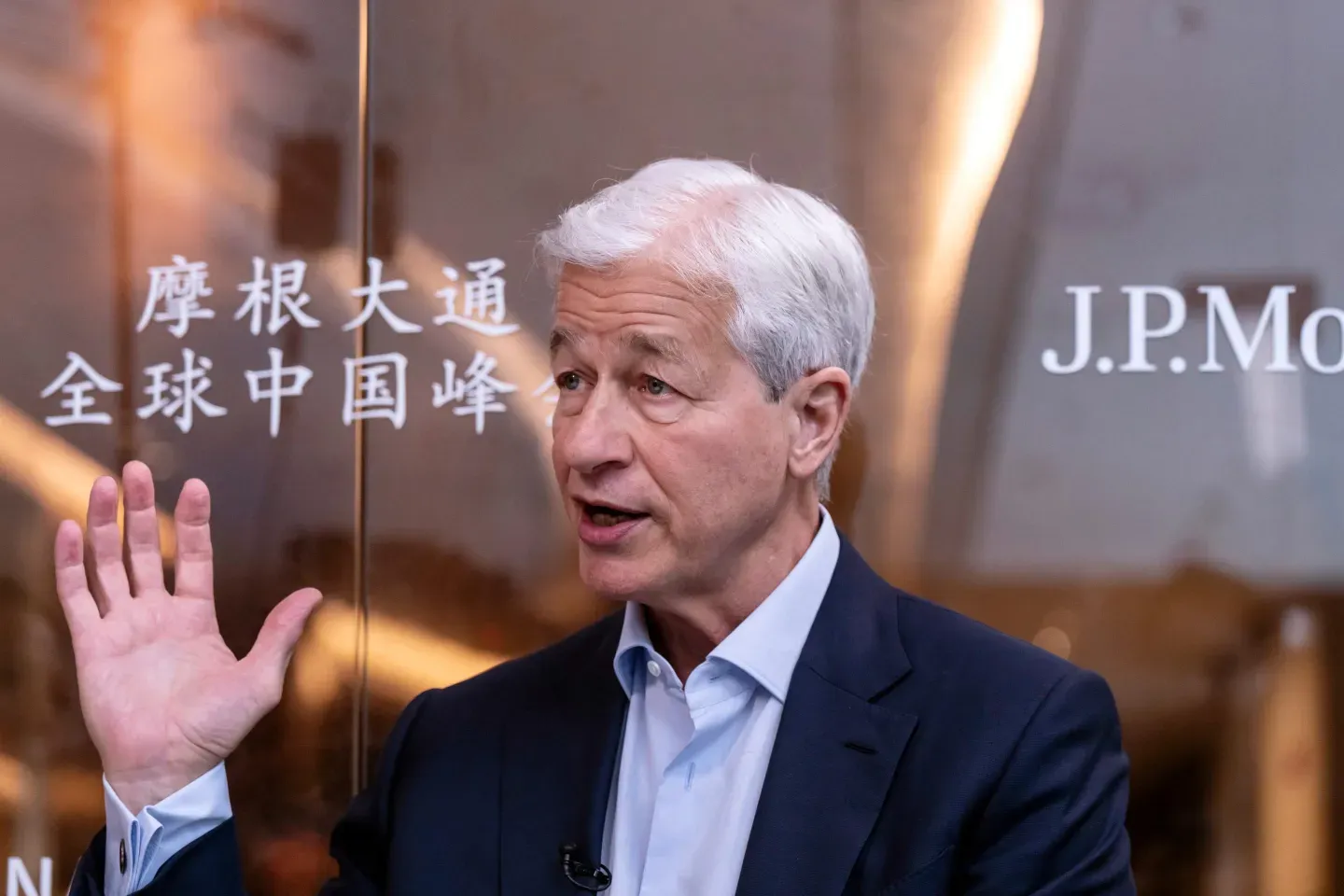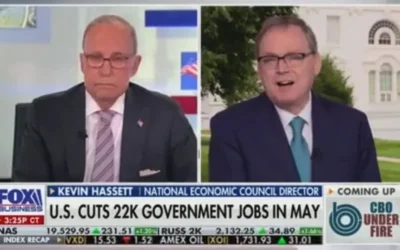Introduction
In recent months, the banking industry has been grappling with significant changes as the demand for talent has never been higher. Yet amidst this talent war, an unsettling trend has emerged—recent graduates from top business schools securing jobs at private equity firms before even starting their roles at large banks like JPMorgan Chase. In a bold move, JPMorgan’s CEO, Jamie Dimon, has announced that the bank will no longer tolerate this behavior, stating that they will fire first-year analysts who line up future-dated roles elsewhere.
The Growing Trend of Future-Dated Positions
The trend of graduates accepting future positions, especially in private equity, has raised eyebrows and concerns within the financial sector. Many see it as a lack of commitment to their first role right after college. Private equity firms have targeted these fresh graduates, capturing talent that may not even begin their banking careers, thereby creating an uneven playing field.
As the competition for skilled graduates becomes fierce, banks have traditionally offered lucrative compensation packages. However, the temptation of private equity’s promise of higher salaries and better work-life balance has made the allure hard to resist for new hires.
Jamie Dimon’s Stance
Jamie Dimon, known for his straightforward approach to business operations and his no-nonsense demeanor, has taken a decisive stand against this pattern of behavior. His stance reflects both a desire to maintain company loyalty and to protect the integrity of the banking field. He has publicly stated his dismay at the idea of bankers who haven’t even begun their roles looking ahead to future opportunities. This not only undermines the trust and commitment one must show to their initial employer, but it also reflects poorly on the culture within the bank.
JPMorgan’s new policy stipulates that any first-year analyst found to be engaging in this behavior risks their current position. This unprecedented move is a clear indicator of Dimon’s commitment to fostering a dedicated workforce while addressing the erosion of loyalty within the banking community.
The Implications for Recruitment Strategies
This policy change will undoubtedly have wide-ranging implications for JPMorgan’s recruitment strategies. As other banks observe how this crackdown plays out, there could be a broader shift across the industry in terms of how new talent is evaluated and secured. It raises the question—will other institutions follow suit, or will they continue operating under traditional recruitment models?
Experts in the field suggest that with the high demand for young, talented bankers, JPMorgan’s approach could serve as a double-edged sword. While it may solidify the company’s commitment to nurturing and retaining talent, it could also deter potential candidates who might fear a lack of autonomy in their career planning.
Responses from Graduates and Young Professionals
The reaction among young professionals has been mixed. Some graduates have expressed their understanding of the bank’s position. They acknowledge that accepting a position at a private equity firm while still contracted to a bank can create an ethical dilemma. Others, however, have shown concern regarding job security and the notion of ownership over one’s career path.
Many believe that in today’s job market, candidates should have the freedom to explore potential opportunities as they see fit, especially if those opportunities offer better work-life balance and compensation. Some graduates argue that the industry must adapt to changing realities if it hopes to attract top talent.
The Cost of Losing Talent
Firing first-year analysts for exploring future opportunities may have financial repercussions for JPMorgan. The bank invests significant resources in recruiting, training, and onboarding new graduates. Dismissing them for taking calculated career steps could lead to considerable losses in investment.
Moreover, this policy might force potential candidates to reevaluate the type of loyalty they owe to their future employers. Banks have historically sought to promote loyalty and stability among their workforce, yet simulating a culture of fear may lead to resentment and a lower morale among employees who feel trapped.
The Broader Industry Context
This situation cannot be viewed in isolation. As the finance sector evolves, banks are being compelled to rethink their strategies of employee retention. With the rise of fintech companies promising flexible work schedules and growth opportunities, traditional banking institutions are at risk of losing potential hires to these disruptive players.
This cultural shift is representative of a larger trend seen across industries, where employees seek more than just a paycheck. They are looking for job satisfaction, a balanced life, and organizations that value their career path. The tension between traditional banks and forward-thinking startups is palpable, making it vital for long-standing institutions to adapt.
Potential Solutions for Talent Retention
To retain top talent, JPMorgan may need to rethink its overall approach. Investing in mentorship programs, revising compensation models, and enhancing work-life balance options will be essential in attracting and maintaining a dedicated workforce. Additionally, a transparent communication strategy about career progression and opportunities within the bank may empower analysts rather than instill fear, making them feel valued.
Furthermore, dual pathways could be considered, where employees are given choices between traditional paths or venture capital-like experiences that align with their interests without jeopardizing their existing roles. This flexibility is key to drawing in the best graduates in the future.
Conclusion: A Fork in the Road for JPMorgan
The decision by Jamie Dimon to adopt a stricter stance regarding first-year analysts and future-dated roles is a crucial moment for JPMorgan Chase. As the financial sector undergoes transformation, how the bank handles this situation might serve as a benchmark for the industry. Will it be a model for future loyalty or a signal of impending corporate inflexibility?
Ultimately, the effectiveness of Dimon’s policy will be measured not just in numbers or immediate results but also in the long-term culture the bank fosters. A necessity for commitment should not breed an atmosphere of anxiety, but rather one of growth, opportunities, and genuine loyalty—qualities that will cultivate the future leaders of banking.







